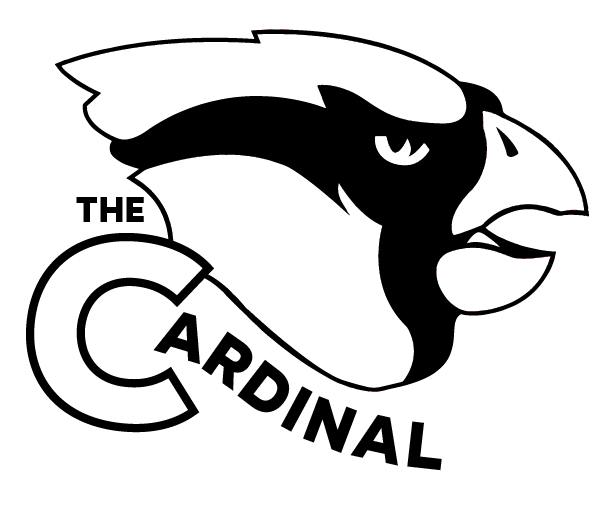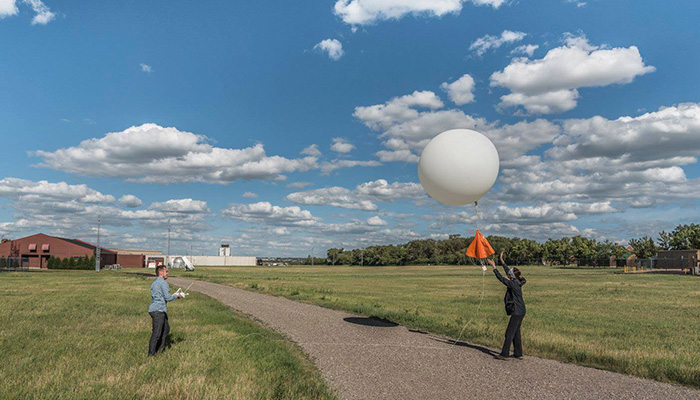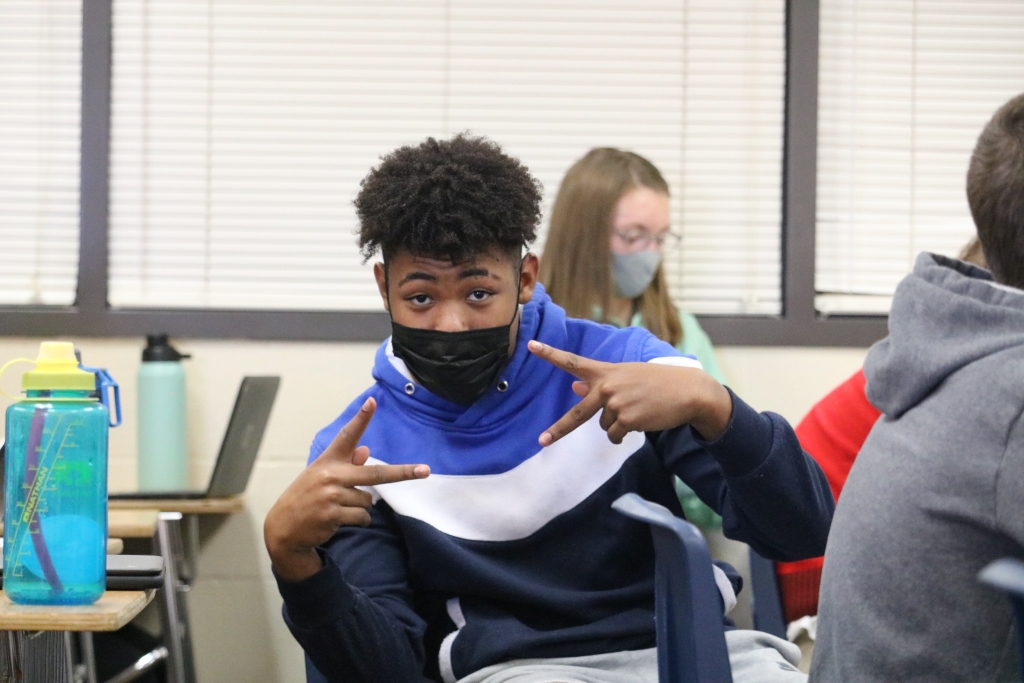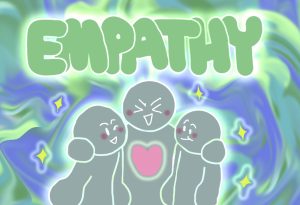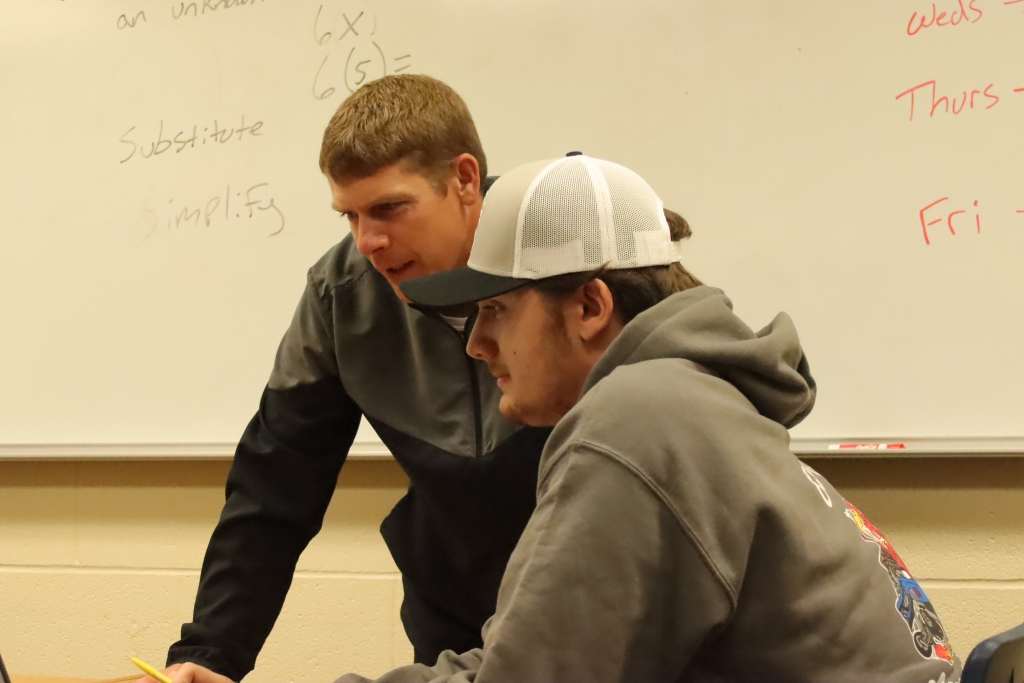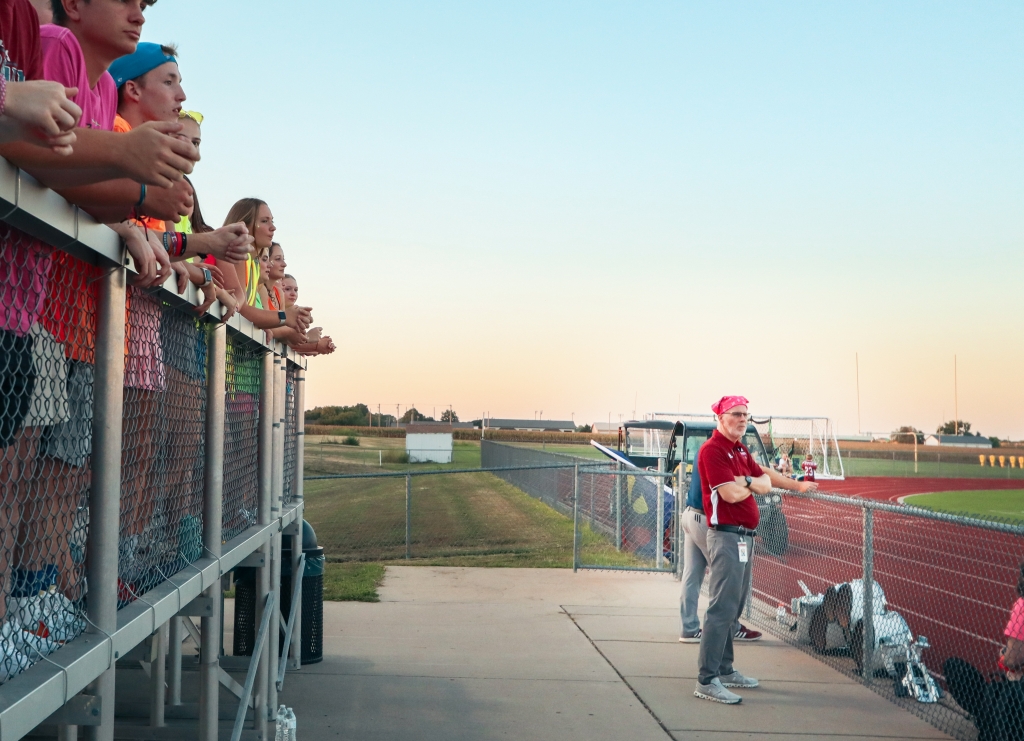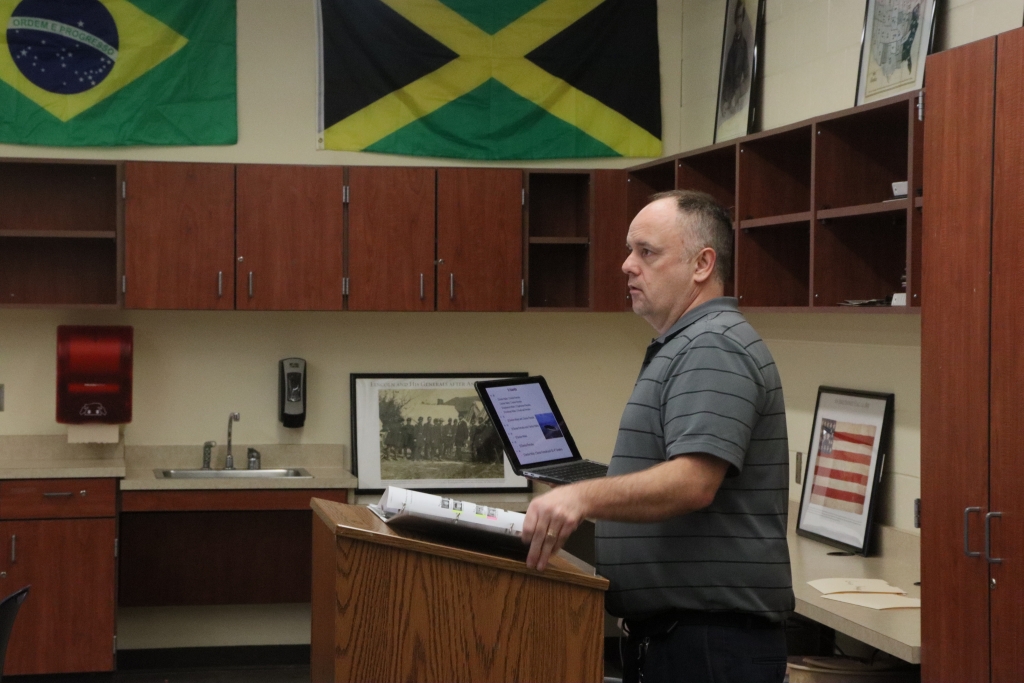The War on Drugs

Story by Phillip Pyle »
As kids grow into young adults and middle schoolers make the shift to high school, they are presented with many new environments and novel opportunities. But, not all of these changes are for the better. Perhaps one of the most daunting of these changes, is access to drugs.
“If I wanted to, I could get drugs from at least five people at any point in high school,” said Senior Sydney Elmer.
According to a survey done by The Washington Post, nearly 50% of teens believe it easy to get their hands on marijuana.
Kelby Dressler, jr., agreed with the ease of obtaining drugs – mainly marijuana, alcohol and chewing tobacco – at EHS. From Dressler’s point of view, experimentation with drugs, especially marijuana, is entirely commonplace these days.
“It is especially easy to get into them in high school,” Dressler said, “And, then you’re hooked. Everyone does it in high school.”
The effects that drugs have on students’ lives has been noticed by both teachers and students throughout the school. Teacher Erik Peltzman has watched the adverse effects of drug use unfold on several students.
“You can notice kids who started using drugs as a freshman or sophomore,” said Peltzman. “They were well on-track, but now they are juniors or seniors and want to drop out of school.”
Peltzman blames this change on the failure of students to see the correlation between bad behavior or grades and drug abuse.
While there have been many attempts at explaining why teenagers start experimenting with poor behavior and drugs, a common theme is rebellion.
“Drugs line up with teenage rebellion,” said Andrew Zook, Sr., “A lot of people do it because they want to defy their parents, and because everyone else it doing it.”
Peltzman believes that one way to prevent temporary teenage rebellion from having a lasting negative effect on teenagers is to educate students more.
“Habitual users are shown to experience significant brain damage. The frontal lobe, the part of the brain that regulates decisions, is not developed fully when smoking marijuana,” Peltzman said. “Some kids think they need it to function, and that’s a true sign of addiction.”
He thinks that if students knew the negative consequences of drugs, particularly marijuana, they would view them as being less “cool.”
According to The National Institute on Drug Abuse, the negative impacts include mental health problems, chronic coughing, and respiratory infections. However, not everyone views marijuana in a detrimental way.
“I think people overreact about drugs,” explained Elmer. “Schools never talk about the positive impact of marijuana. And, they always say ‘weed’ is a gateway drug. And they say, if you smoke it, you’ll start shooting up heroin or something, which is definitely not the case.”
Along with this, Elmer believes marijuana should be placed in a different category than other drugs:
“Marijuana helps people more than most know, and that’s why it is legal in some states. Yet, it is still placed in the same category as cocaine and other hard drugs,” Elmer said.
Similarly, Zook and Dressler both think that alcohol is not in the same playing field as other drugs. Dressler believes that as long as you are reasonable with drinking, in terms of amount and behavior, it is OK. But, if you stray from being safe and end up endangering others, it is not acceptable.
“If you’re going to drink and drive, you are putting others at risk,” said Dressler.
Zook feels the same way. He is fine with alcohol consumption, as long as those who are doing it understand the repercussions.
“[Underage] drinking is okay, in my opinion, as long as you don’t go out and do something destructive to someone else, or whine about consequences if you happen to be caught,” said Zook, “I will automatically have no sympathy.”
Junior Meadow Meier believes that there is not reason to underage drink.
“I don’t think it’s the smart thing to do,” said Meier, “Everyone can wait until they turn 21, and that will lead to less idiotic decision-making.”
While there is no exact reason for drug usage, Mr. Peltzman believes loneliness plays a large role.
“If kids feel isolated or lonely, they can rally around the concept of drugs,” Peltzman said. “But, they don’t realize the poor decisions that they will lead to.”
